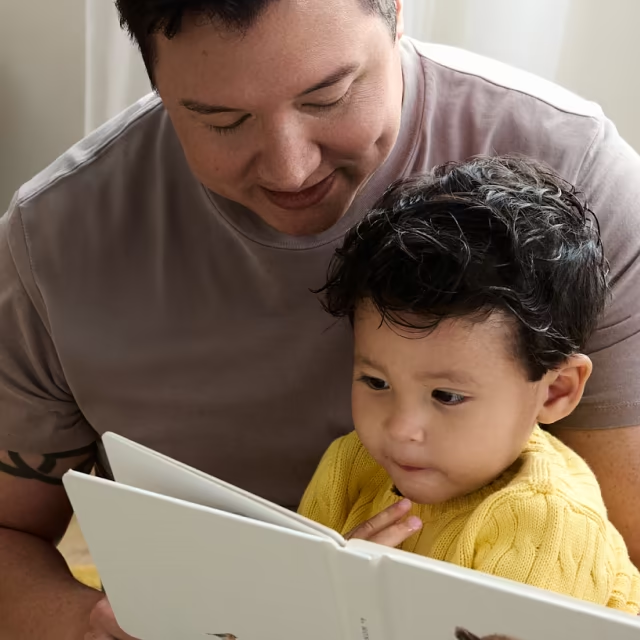Do you have a newborn who won’t sleep? I know this is so hard. Let’s talk about why your newborn won’t sleep and how to help.

Newborn Sleep Bundle
stars ( reviews)
You don’t have to figure out your newborn’s sleep alone. I can help you learn your baby’s cues, calm a fussy baby, set a healthy sleep foundation, and work towards longer stretches of sleep at night. My Newborn Sleep Bundle will give you everything you need.
Learn MoreWhy won’t my newborn sleep?anchor
Here are some of the reasons that your newborn (0-3 months) won’t sleep:
Overtired: Many times newborns fight sleep because they’re overtired. When babies are overtired, it can be difficult to fall asleep (and stay asleep).
Hunger: Small tummies need more frequent feedings. Newborns need to wake to eat every 2.5-3 hours (from the start of the last feeding) during the day. They will also need to awaken in the night to eat and usually only give us one longer stretch of sleep before needing feedings again every 2.5-3 hours.
Active Sleep: It’s possible that your newborn is sleeping more than you think. Newborns can be very active sleepers. They can be so active, in fact, that they may appear awake (moving around, making noises, etc.), even when they’re sleeping.(1)
Day-Night Confusion: It can be common for newborns to have their days and nights flipped. If your newborn seems to be sleeping all day and awake all night, we call this day-night confusion.
Physical Discomfort: As your newborn’s body is learning how to eat and digest, gas can sometimes make it hard to fall asleep. Burping during and after feedings and using a pacifier can help. Food intolerances and reflux symptoms can also cause discomfort. If it feels like your baby is never calm or is always difficult to settle, I want you to talk with your pediatrician.
My no-cry newborn class is full of strategies to help your baby (birth-12 weeks) begin to learn the healthy sleep habits necessary for long, full-night stretches in the future.
What to do if your newborn won’t sleep:anchor
If your newborn won’t sleep, here are tips to help:
Change the environment. Go to a quiet room, dim the lights, keep screens to a minimum, and turn on the sound machine. Reducing stimulation will make it easier for your newborn to fall asleep.
Try something different. If your newborn doesn’t want to sleep in their crib or bassinet for a nap, try babywearing or holding them for sleep. You can try to lay them down for sleep at the next nap.
Check for hunger. Hungry babies struggle to sleep. If it’s been more than 2 hours since the start of the last feeding or you are seeing hunger cues, try offering a feeding.
Take a break. Sometimes the stress of trying to force sleep makes it harder. Take a break for a few minutes and then try again. If there’s another caregiver present and you can switch places, let them try to get your baby to sleep after the break.
Consider comfort. Check that their diaper is clean, their clothing is comfortable, and that there isn’t anything physical bothering them. Sometimes an unexpected dirty diaper or too tight clothing can make it hard for babies to sleep.
Consider swaddling. Practicing safe swaddling helps your newborn feel secure and also calms the Moro reflex to allow for less disrupted sleep.(2)
Help with day-night confusion. If your newborn is sleeping all day, but up all night, try these steps to help.
Practice sleep strategies. Please know, sleeping through the night is a learned skill that takes time and practice. If you are looking for step-by-step help setting your days up for success and working towards longer stretches of sleep at night, my class will give you just that.
Newborn Won't Sleep FAQs:anchor
-
You can see some of the common reasons that newborns fight sleep in this blog.
-
It can be common for newborns to want to only sleep in your arms. If you need tips for helping your newborn sleep in a crib or bassinet, check out this blog.
References
2 Sources
Shakankiry. (2011). Sleep physiology and sleep disorders in childhood
Dixley and Ball. (2022). The effect of swaddling on infant sleep and arousal: A systematic review and narrative synthesis
Keep in mind that the information and content on this blog is for informational purposes and should not be considered medical advice. If you have questions about your child, please reach out to your doctor.











